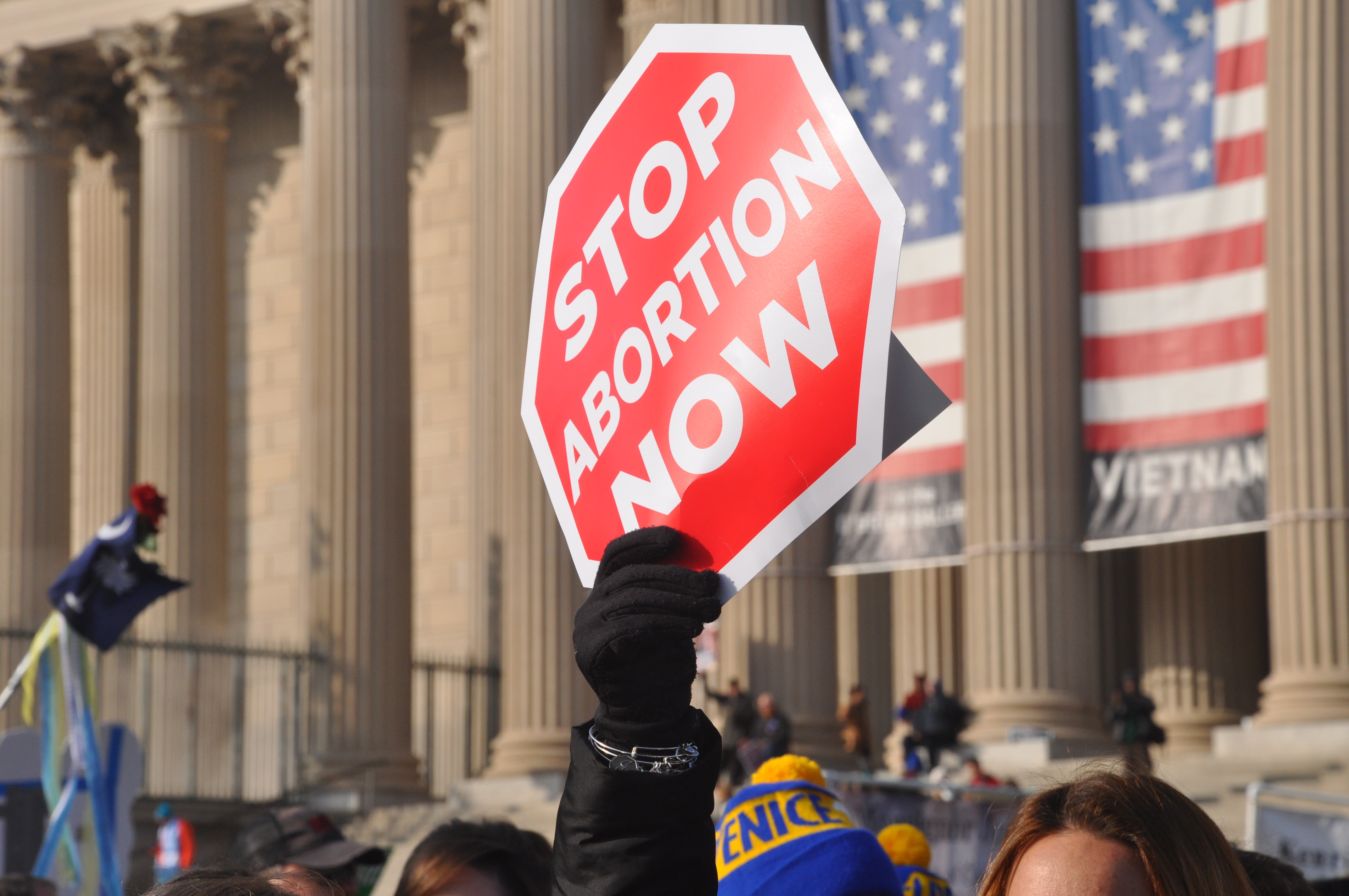Aggregated News

The argument seemed reasonable in theory: “We are pleased that our state values life no matter an individual’s potential disability, gender, or race.”
In reality, it wasn’t.
Back in March 2016, Mike Fichter, the president and chief executive of Indiana Right to Life, was talking about the law then-Gov. Mike Pence just signed that would bar “the knowing provision of sex-, race-, or disability-selective abortions by abortion providers.” The bill was not nearly as innocuous as Fichter and his ideological peers in state government made it seem. In fact, the legislation, colloquially known as a “reasons ban,” operates very much on racist and ableist assumptions—and has the power to inflict acute harm on pregnant individuals.
Planned Parenthood of Indiana and Kentucky quickly sued the state, challenging both the reasons ban and a broader package of abortion restrictions that dealt with fetal remains. Several courts struck down the reasons ban, and last year, Box v. Planned Parenthood reached the Supreme Court. The court ultimately declined to rule on the reasons ban portion of the case, sending it back to the Seventh Circuit ...



